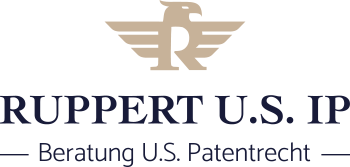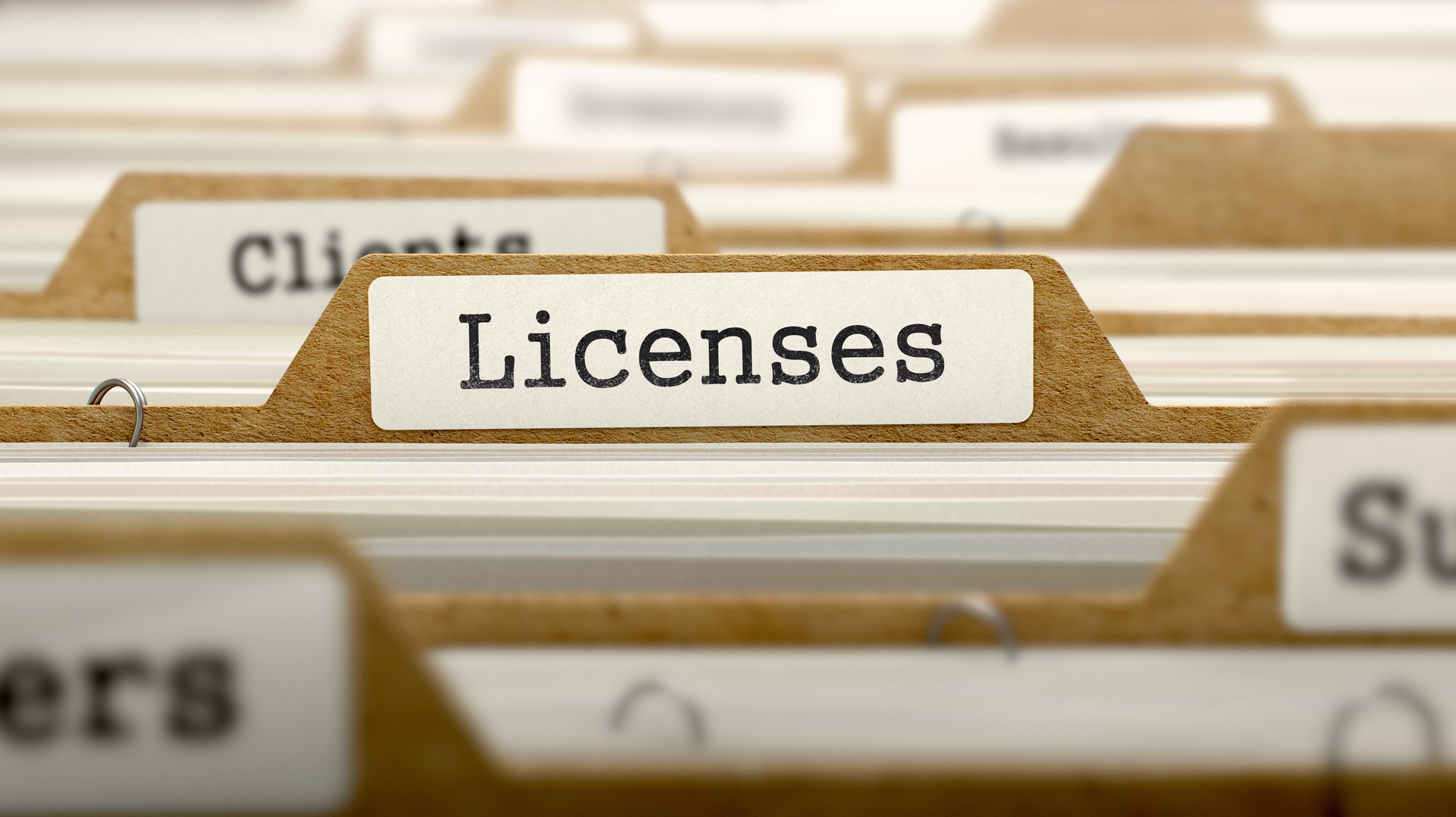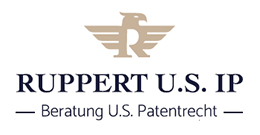LICENSING
For intellectual property owners the ability to commercially exploit acquired intellectual property for royalties is often essential. To get from an idea to a patent to market, you may have invested hundreds of thousands. For someone who doesn’t want to invest a lot of money on their own to commercialize a claimed and valuable invention, licensing can be the right way to recoup a financial investment made (e.g., the cost of obtaining a patent) and/or seek a greater profit. However, not only for individual inventors, but also for universities, research-oriented companies and smaller companies that are not able to fully commercialize their acquired intellectual property rights themselves, licensing can be a practical way to make a profit for a high investment already made in terms of obtaining the intellectual property. For larger companies, licensing agreements offer an advantageous alternative to much more costly litigation.
Often, the cost of generation, development and commercialization is far less for individuals/companies pursuing market-strategic licensing of their invention than for those attempting to commercialize their invention on their own.
According to evaluations by Ocean Tomo, intangible assets (including patents) account for nearly 90% of the market value of the Standard & Poor (S&P) 500, and the stock of patents has nearly doubled in the last decade, as has the number of IP-related lawsuits in the U.S. in the last 20 years. All of this suggests a market-strategic, efficient and effective use of your acquired patents in the form of licenses.
Ask yourself a few simple questions:
- What do you want to do with your patented invention?
- Do you want to manufacture and sell your patented invention on your own? Do you have the resources doing so?
- Do you want to sell your invention rights to a person or company who will then manufacture and sell your invention?
- Do you want to license one or more persons or companies to manufacture and sell your invention in exchange for royalties?
- Do you want to exploit your patented invention but need access to third party patents to do so and want to license them?
If you are interested in licensing out your patents (or patent applications) and have already identified a business partner, please contact us. RUPPERT U.S. IP GmbH will assist you in licensing negotiations and help you draft a U.S. license agreement tailored to your needs. In this regard, we address, among other things, the following issues:
- Do you want to grant an exclusive or non-exclusive license?
- What rights do you want to grant?
- For which market area do you want to grant the rights?
- How do you want to handle improvements to the patented invention?
- Are you interested in a cross-license?
- What royalty rates are appropriate?
Numerous U.S. companies face the risk of having their intellectual property infringed in one way or another, e.g., through unauthorized use of their intellectual property rights. The increasing number of patent lawsuits in the U.S. is testimony to this. Through an efficient out-licensing strategy of your intellectual property, as well as an in-licensing strategy adapted to your needs, you also achieve, among other things, a possible deterrent to litigation. It should also be emphasized that an established licensing policy can play an important role in determining appropriate royalty rates after a court ruling. Damages that can amount to several million U.S. dollars are not uncommon in the U.S.A.
Should you be interested in licensing a U.S. patent (or a U.S. patent application) from a U.S. business partner, please contact us. RUPPERT U.S. IP GmbH will represent your licensing interests in this context as well.



